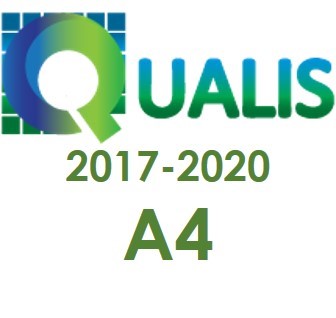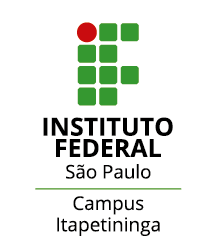Ethnography and narrative of a university professor in e-portfolios
Keywords:
Ethnography, autobiography; narrative; reflective practice; e-portfolio.Abstract
Based on an array of evidence courses from university campus online training practices and teacher narratives findings has advanced our understanding of the power of electronic portfolios (eportfolios) research and practice and its potential to support faculty learning. This paper writes about a university scholar’ self-consciously value-centered metadiscourse to review e-portfolio
knowledge goals and progress. The work meta-synthesised other teachers´ remembered thoughts, emotions and actions in order to recall shared focal themes (methodological and practical experiences) on e-portfolios that offer a new perspective on information behavior of people. The assumed scholar had used a first-person to establish the context (problems, methods and results) of
e-portfolios for information and interaction, report findings, and raise issues within his narrative discourse about cultural aspects of university. Finally, the scholar as an applied ethnographer may have indicated about supposed relationships in the e-portfolio research literature between the construction of a ‘voice’ in university teachers’ ethnographic narratives and the university culture.
Downloads
References
Carson, A.S., McClam, S., Frank, J., y Hannum, G.G. (2014). ePortfolio as a Catalyst for Change in Teaching: An Autoethnographic Examination of Transformation. International Journal of ePortfolio, 4(1), 73-83.
Connaway, L.S., Dickey, T.J. y Radford, M.L. (2011). “If it is too inconvenient I'm not going after it:” Convenience as a critical factor in information-seeking behaviors. Library & Information Science Research, 33, 179–190.
Fox, R.K., White, C. S., y Kidd, J.K. (2011). Program portfolios: documenting teachers’ growth in reflection ‐ based inquiry. Teachers and Teaching: theory and practice, 17(1), 149-167.
Henscheid, J.M., Brown, G., Gordon, A., y Chen, H.L. (2014). Unlocking ePortfolio Practice: Teaching Beliefs. International Journal of ePortfolio, 4(1), 21-48.
Joksimovic, S., Gasevic, D., Kovanovic, V., Adesope, O., y Hatala, M. (2014). Psychological characteristics in cognitive presence of communities of inquiry: A linguistic analysis of online discussions. The Internet and Higher Education, 22, 1-10.
Milman, N.B. (2014). Teaching Portfolios and Preservice Teacher Education: A Review of the Literature (1975-2012). Paper presented at the AERA Annual Meeting, Philadelphia, Pennsylvania, USA.
Niemelä, R., Huotari, M.-L. y Kortelainen, T. (2012). Enactment and use of information and the media among older adults. Library & Information Science Research, 34, 212–219.
Parkes, K.E., Dredger, K.S. y Hicks, D. (2013). ePortfolio as a Measure of Reflective Practice. International Journal of ePortfolio, 3(2), 99-115.
Serrano-Puche, J. (2012). Herramientas web para la medición de la influencia digital: análisis de Klout y PeerIndex. El profesional de la información, 21(3), 298-303.
Downloads
Published
How to Cite
Issue
Section
License
Copyright (c) 2024 Revista Internacional de Formação de Professores

This work is licensed under a Creative Commons Attribution-NonCommercial-ShareAlike 4.0 International License.



 Este trabalho está licenciado sob uma licença
Este trabalho está licenciado sob uma licença 